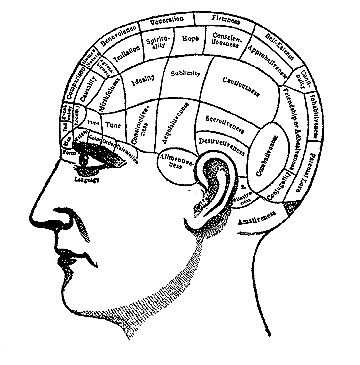
Philosophy of Language and Mind
Spring Quarter 2001
| Andrew
Mills'
Homepage |
Course
Resources
Homepage |
Dept.
of Religion
and Philosophy |
 |
Philosophy
291
Philosophy of Language and Mind Spring Quarter 2001
|
Consider the following two sentences:
(B) Marilyn Monroe is Norma Jean Baker
Premise 1: (A) and (B) have a different "epistemic status". That is, (A) can be known a priori, while to know (B) requires research and the amassing of evidence. Moreover, there are people who believe (A) without believing (B).
Premise 2: (A) and (B) differ semantically; they mean different things.
This is offered as the best explanation of the fact claimed in Premise 1Premise 3: Differences in what two statements mean can only be due to differences in the meanings of their parts.
What a sentence says is a function of the meanings of its parts. If (A) and (B) differ in meaning, it must be because some part of (A) differs in meaning from some part of (B).Premise 4: The only difference between (A) and (B) is that ‘Marilyn Monroe’ appears in (A) where ‘Norma Jean Baker’ appears in (B).
Premise 5: So, ‘Marilyn Monroe’ and ‘Norma Jean Baker’ have different meanings.
Conclusion: So, the Direct Reference Theory of names is wrong.
This follows logically from Premises 5 and 6 taken together.